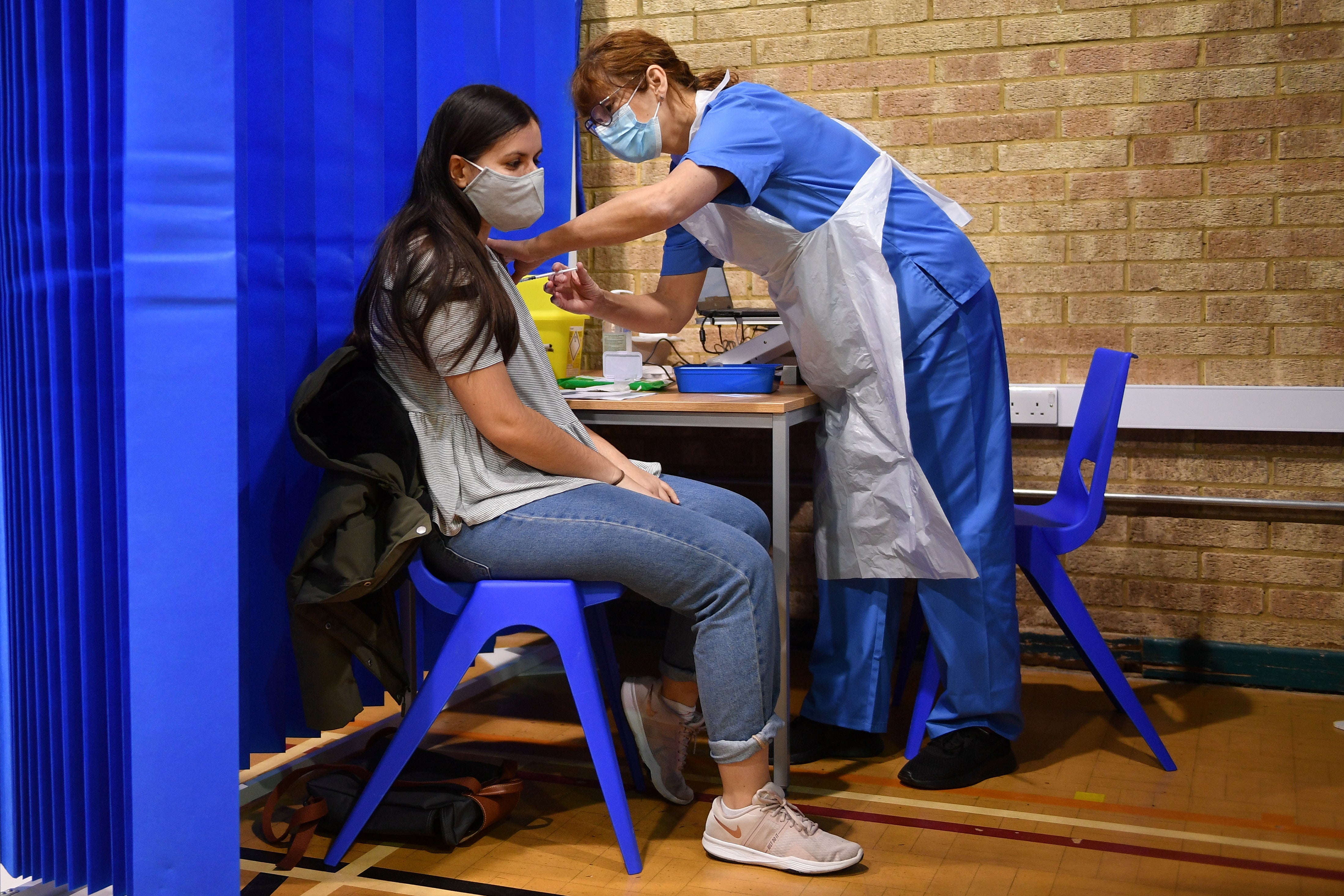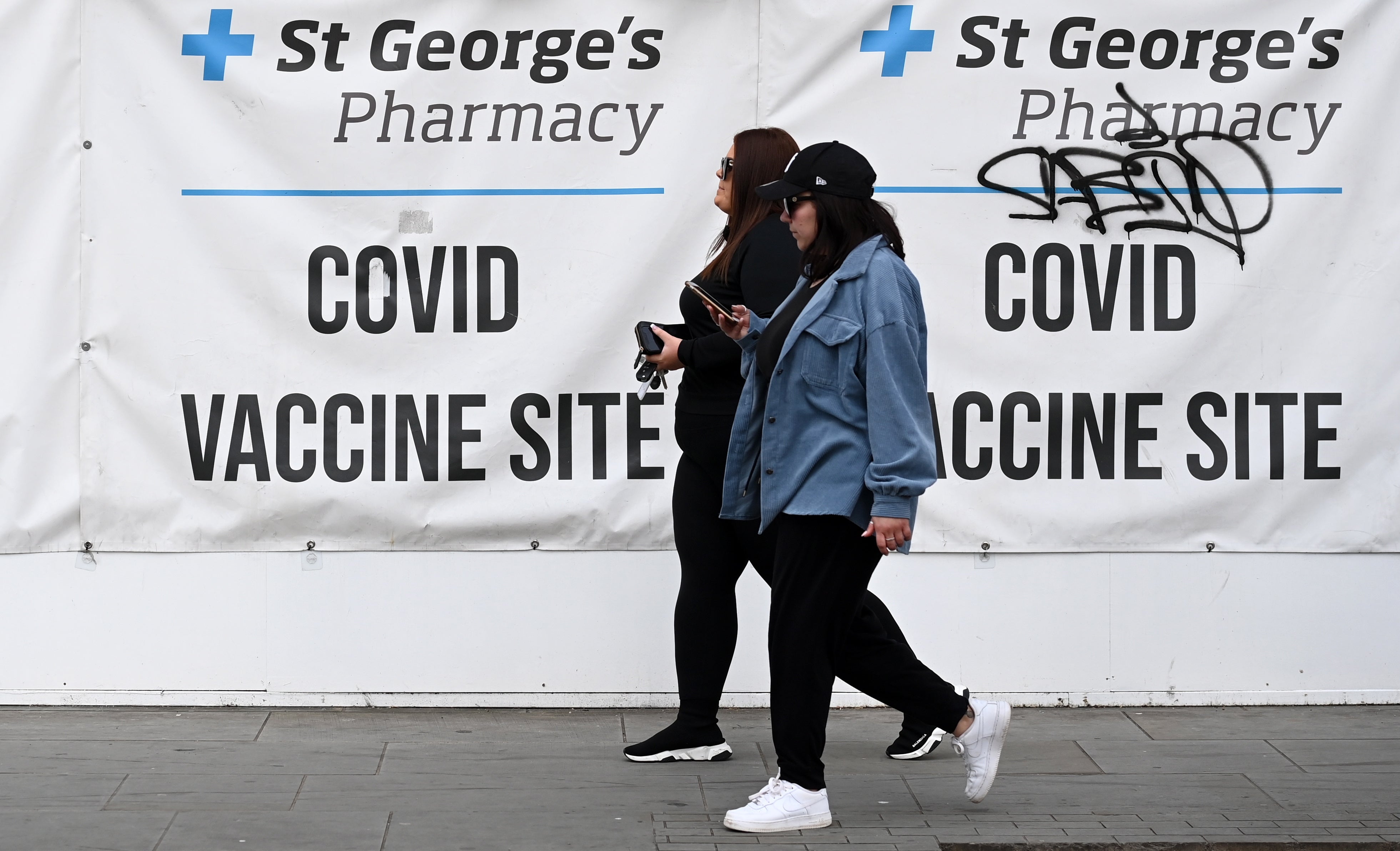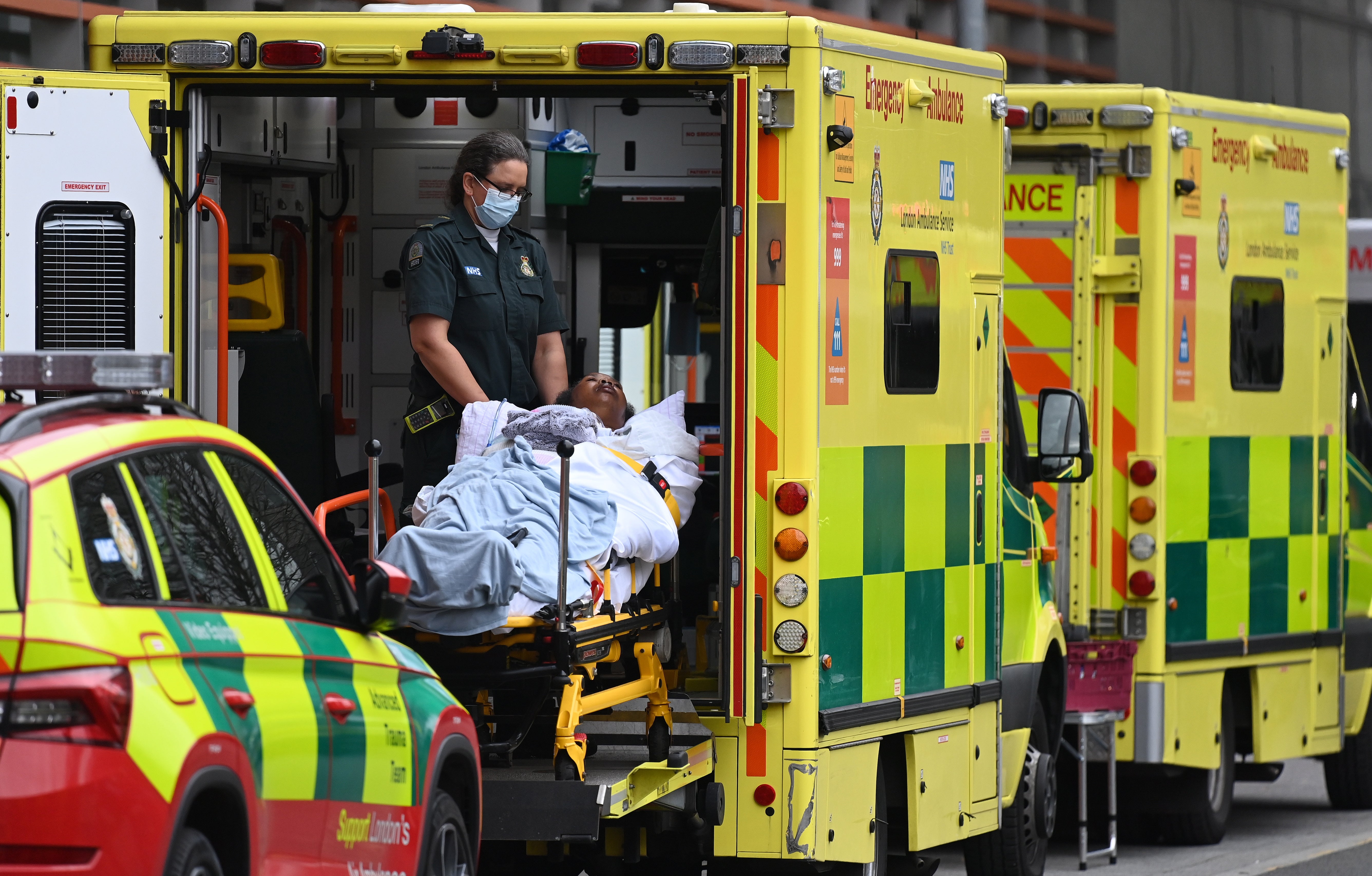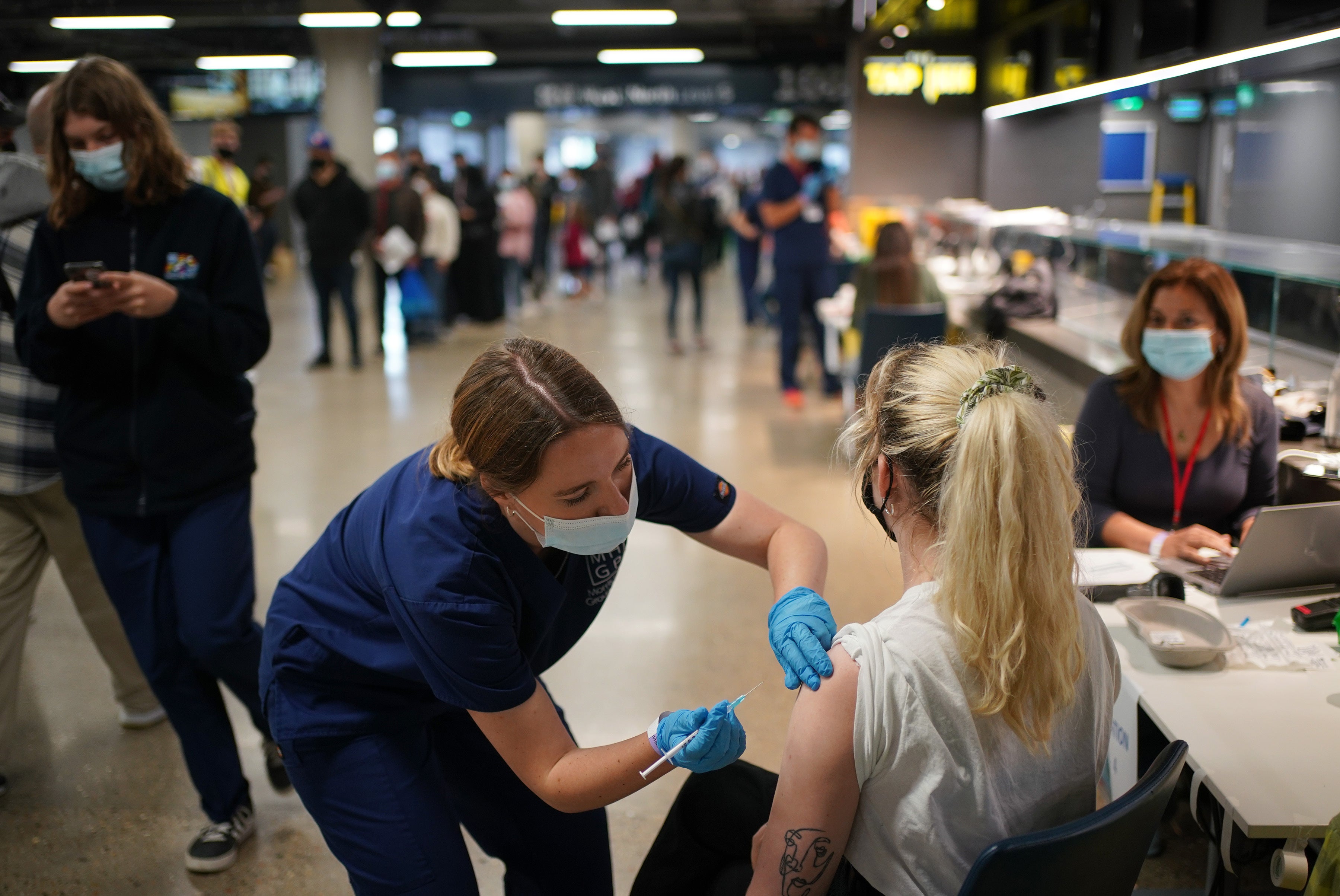Omicron Covid symptoms ‘last half as long as common cold - if you’re triple jabbed’, study says
The incubation time and period of infectiousness is also shorter in Omicron compared to Delta, the study found

Omicron symptoms disappear in half the time of a common cold if the sufferer has received three Covid jabs, a new research study has shown.
Researchers at King’s College London studied 62,000 vaccinated people during the Omicron outbreak which began in November 2021. The scientists found notable differences in recovery times depending on how many Covid doses sufferers had received.
The study showed that Omicron sufferers who received three jabs, had symptoms that lasted an average of 4.4 days while people who only received two jabs had symptoms that lasted almost double in length at 8.3 days.
The common cold, however, can linger for seven to 10 days, almost double the 4.4 days triple jabbed Omicron sufferers faced symptoms, according to the study.

Researchers also found that for people with the booster jab, the Omicron infection was 3.3 days shorter than the Delta variant Covid infection, which lasts for 7.7 days with a third dose but 9.6 days for people with two jabs.
Tim Spector, lead scientist on the ZOE COVID Study and professor from King’s College London said: “It’s an amazing scientific feat that barely a few months since Omicron took hold in the UK, the teams at King’s College London and ZOE have been able to produce rapid conclusive answers to these key clinical questions on symptom and severity.”
Professor Ana Valdes, an honorary professor at King's College London added: “Although there is still a wide-range of duration and severity of symptoms with Omicron, for vaccinated individuals we find on average a shorter duration of symptoms.
“This suggests that the incubation time and period of infectiousness for Omicron may also be shorter.”

For the study, researchers from King's College London and scientists from Zoe studied the symptoms of 62,002 vaccinated UK participants from the Zoe Covid Study App who tested positive between 1 June last year and 27 November, when Delta was dominant, and 22 December 2021 to 17 January this year when Omicron was dominant.
The findings support earlier studies that suggest the incubation time and period of infectiousness for Omicron is shorter than for previous Covid strains.
Dr Cristina Menni from King's College London said: “We observe a different clinical presentation of symptoms in those infected with Omicron compared to Delta.

“As we are moving even further away from the average patient having UK government 'core' symptoms ie fever, persistent cough, loss of smell, our results point to a different selection of symptoms that may indicate infection.
“To protect others, it is still important to self-isolate for five days as soon as you see any symptoms.”
Findings from the research will be presented at the European Congress of Clinical Microbiology & Infectious Diseases (ECCMID) this month in Lisbon.
Join our commenting forum
Join thought-provoking conversations, follow other Independent readers and see their replies
Comments
Bookmark popover
Removed from bookmarks